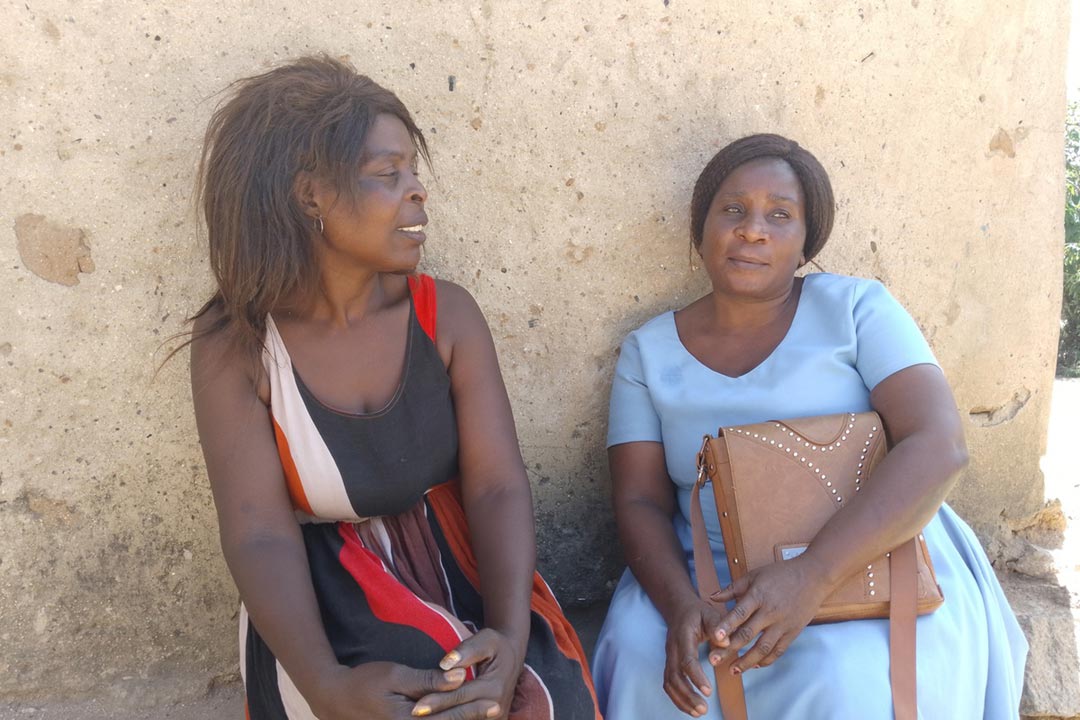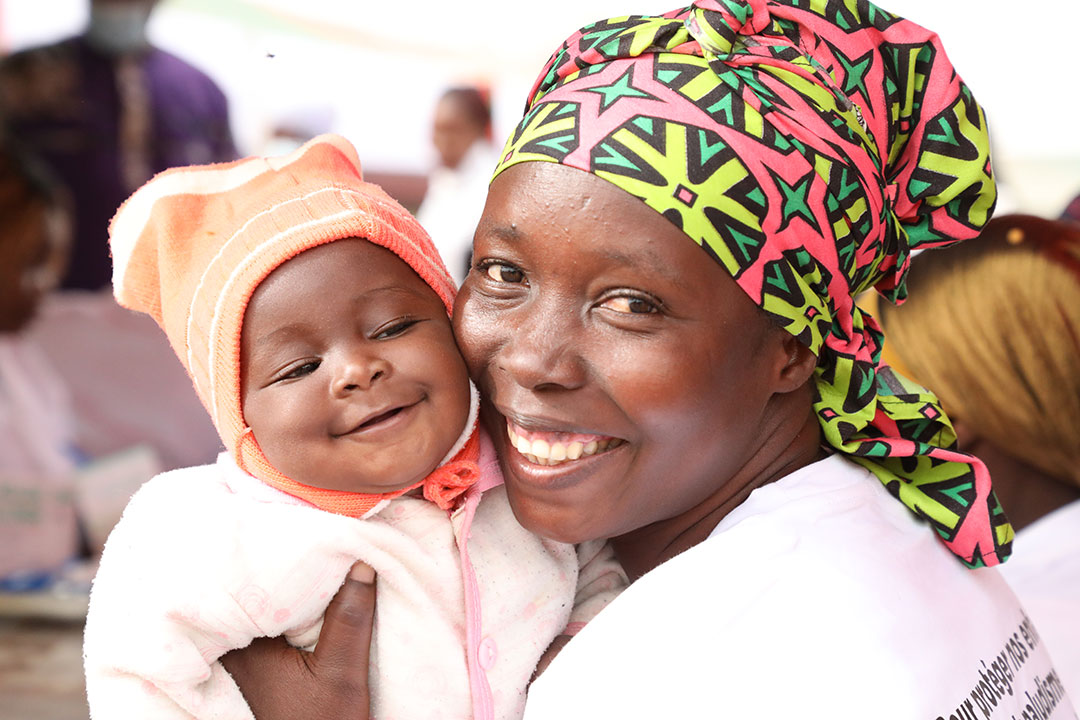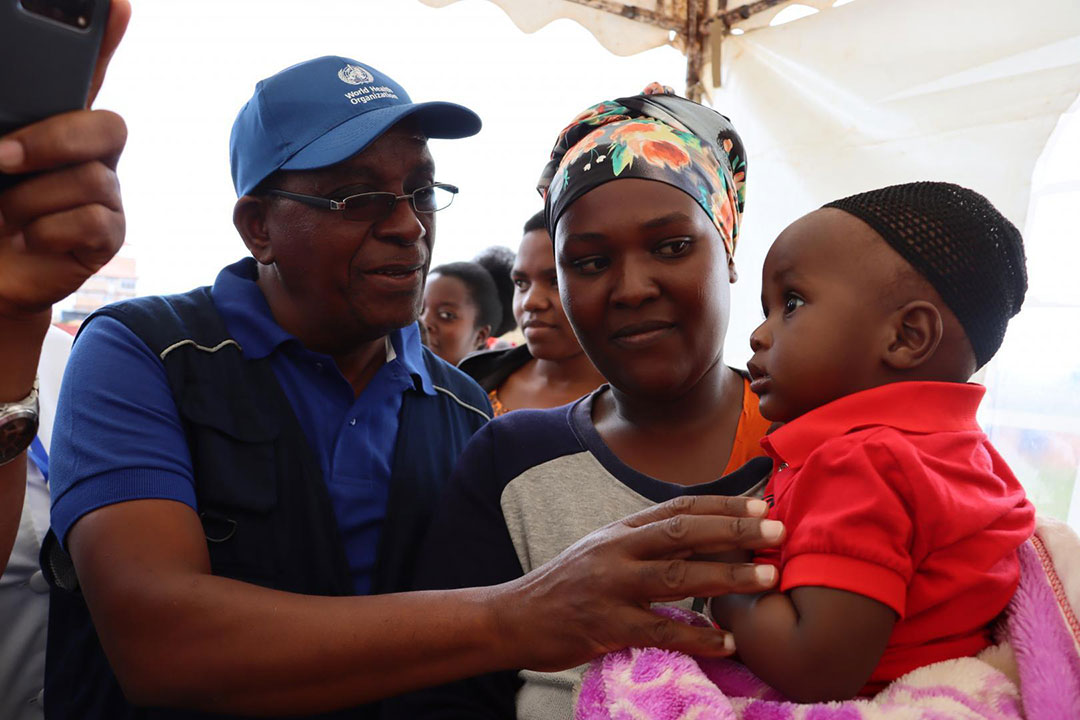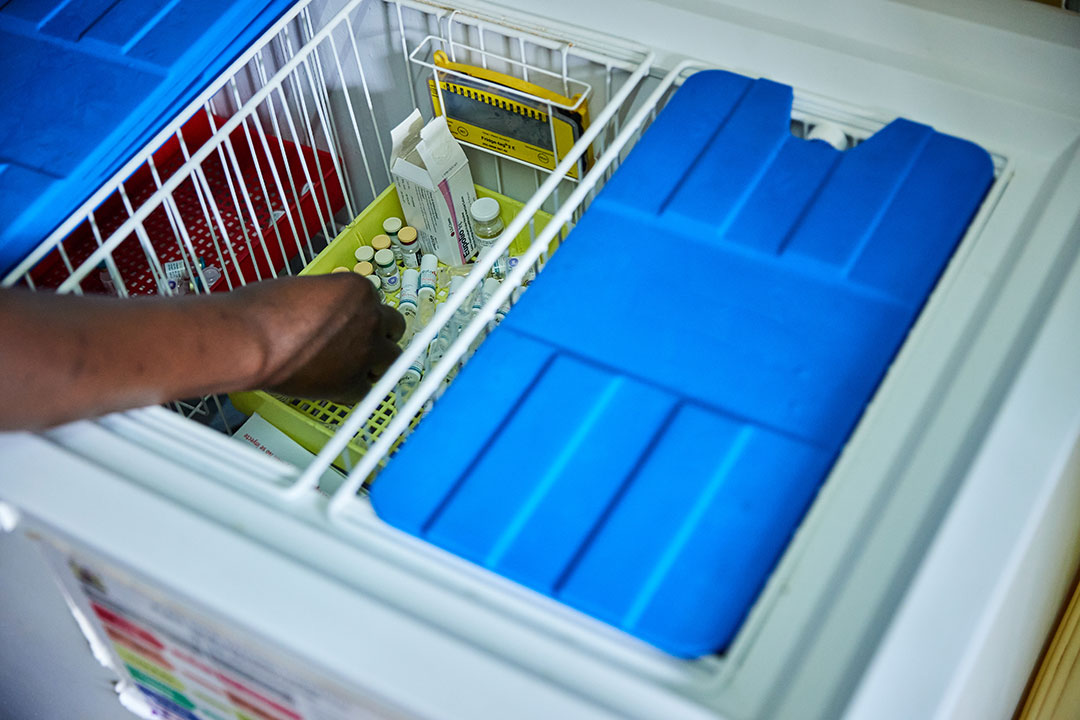02 June 2020: Overview of the COVID-19 situation in Gavi-supported countries and Gavi’s response
Seventy (out of 73) Gavi-eligible countries have reported 475,401 confirmed cases and 12,464 deaths. Though this number still accounts for a small proportion, about 7%, of global COVID-19 cases, this share is expected to increase given the observed rate of increase (50%) of cases in Gavi-eligible countries in the past two weeks.
- 5 June 2020
- 3 min read
- by Gavi Staff

The Asian region continues to be the most affected, with India reporting the highest number of cases, followed by Pakistan, Bangladesh, Indonesia and Afghanistan. Reported cases in West and Central Africa are also on the rise – primarily driven by Ghana and Nigeria, which have seen increased cases in the last week (probably due to enhanced testing).
Country examples
Indonesia
Jakarta’s provincial government has responded to COVID-19 through a series of measures such as training health workers; collecting and sharing case data; and implementing appropriate protective measures – such as spraying the streets with disinfectant and installing sidewalk handwashing stations.
Senegal
Senegal will be developing two types of affordable, rapid COVID-19 tests – one using saliva, the other a blood drop from a fingertip. These tests will cost less than US$ 1 to produce and will provide a diagnosis within 10–20 minutes. Furthermore, university researchers are developing artificial respirators made almost entirely using a 3D printer.
Benin
In Benin, the Task Force Innov COVID-19 Bénin has identified innovative and efficient solutions – such as local production of masks, mobile handwashing devices, visors, respirators, and local screening and treatment initiatives through digital platforms – adapted to the needs of the social, economic and cultural context.
Impact on Routine Immunisation
Out of 68 Gavi-supported vaccine introductions projected to take place this year, 39 have been delayed so far due to COVID-19. About 10 Gavi-eligible countries (including Angola, Central African Republic, Chad, Democratic Republic of the Congo, Lesotho and Pakistan) have reported shipment delays, while approximately 9 countries are reporting stock-outs at central or sub-national level. However, UNICEF reports that 36 shipments have been delivered to 20 countries, which is stable in comparison to the previous week.
Several Gavi-eligible countries have officially reported vaccine-preventable disease outbreaks, such as: measles (Ethiopia, Burundi, Cambodia, Ethiopia, Nigeria); yellow fever (Ethiopia, South Sudan, Uganda); and vaccine-derived polio (Mali, Niger).
Reports from West and Central Africa Regional Working Group suggest that there are cVDPV2 cases and more countries affected at week 20 in 2020, compared with the same period in 2019. There have been fewer active surveillance visits in West Africa between weeks 10 and 20 in 2020, compared with the same period in 2019. Gavi continues to closely monitor the situation in these countries.
There are indications of reduced uptake of routine immunisation (RI) services due to COVID-19 containment measures and fear of transmission. For example, in the Democratic Republic of the Congo, there has been a 10-point drop in RI attendance in April 2020 in Kinshasa, and a drop in other provinces of about 6%. In Côte d’Ivoire, reports indicate a 12% drop in measles-rubella vaccination coverage between 2019 and 2020 during the same period. A UNICEF survey indicated that over half of the parents were reluctant to take their children for immunisation due to mistrust and rumours.
Gavi Country Programmes Update on COVID-19 Response
Forty-nine reprogramming applications have been approved so far, of which 35 health system strengthening (HSS) reprogramming applications have been approved totalling US$ 70 million.
- Approximately 55% of this allocation has been reprogrammed for personal protective equipment (PPE) and infection prevention and control (IPC) activities.
- Through the flexibilities provided under partners’ engagement framework (PEF) Targeted Country Assistance (TCA), partners in 31 countries have received no-cost extensions. Furthermore, US$ 2 million has been reallocated across 29 countries and 5 partners: WHO, CDC Foundation, Catholic Relief Services (CRS), University of Oslo and PATH.
Read the full 2 June 2020 situational report here









